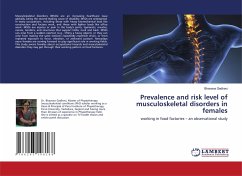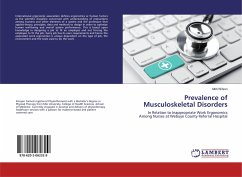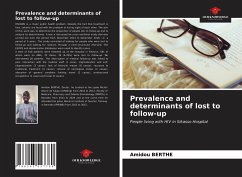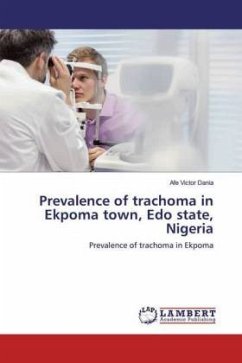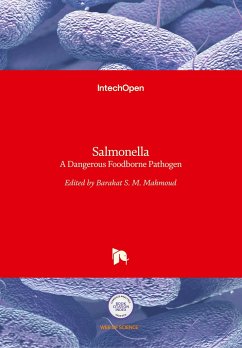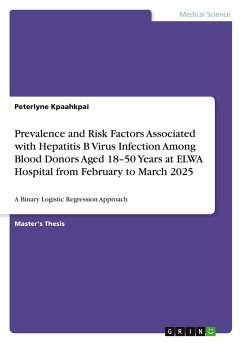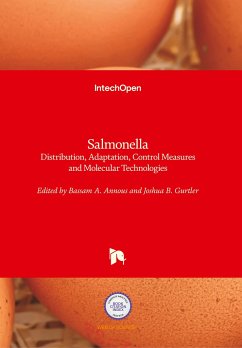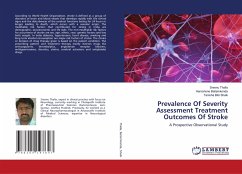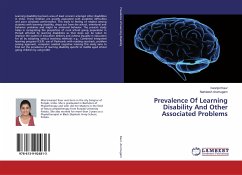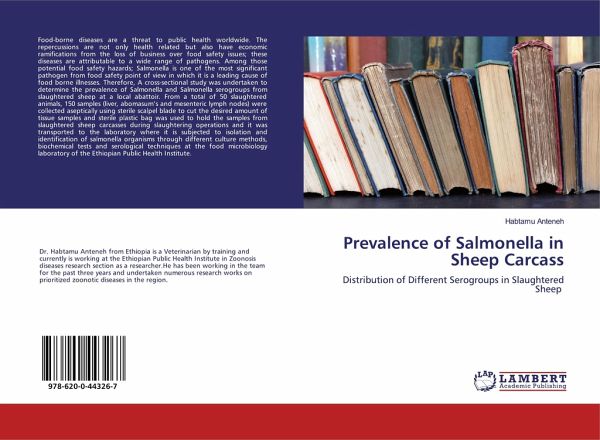
Prevalence of Salmonella in Sheep Carcass
Distribution of Different Serogroups in Slaughtered Sheep
Versandkostenfrei!
Versandfertig in 1-2 Wochen
26,99 €
inkl. MwSt.

PAYBACK Punkte
13 °P sammeln!
Food-borne diseases are a threat to public health worldwide. The repercussions are not only health related but also have economic ramifications from the loss of business over food safety issues; these diseases are attributable to a wide range of pathogens. Among those potential food safety hazards; Salmonella is one of the most significant pathogen from food safety point of view in which it is a leading cause of food borne illnesses. Therefore, A cross-sectional study was undertaken to determine the prevalence of Salmonella and Salmonella serogroups from slaughtered sheep at a local abattoir. ...
Food-borne diseases are a threat to public health worldwide. The repercussions are not only health related but also have economic ramifications from the loss of business over food safety issues; these diseases are attributable to a wide range of pathogens. Among those potential food safety hazards; Salmonella is one of the most significant pathogen from food safety point of view in which it is a leading cause of food borne illnesses. Therefore, A cross-sectional study was undertaken to determine the prevalence of Salmonella and Salmonella serogroups from slaughtered sheep at a local abattoir. From a total of 50 slaughtered animals, 150 samples (liver, abomasum's and mesenteric lymph nodes) were collected aseptically using sterile scalpel blade to cut the desired amount of tissue samples and sterile plastic bag was used to hold the samples from slaughtered sheep carcasses during slaughtering operations and it was transported to the laboratory where it is subjected to isolation and identification of salmonella organisms through different culture methods, biochemical tests and serological techniques at the food microbiology laboratory of the Ethiopian Public Health Institute.



